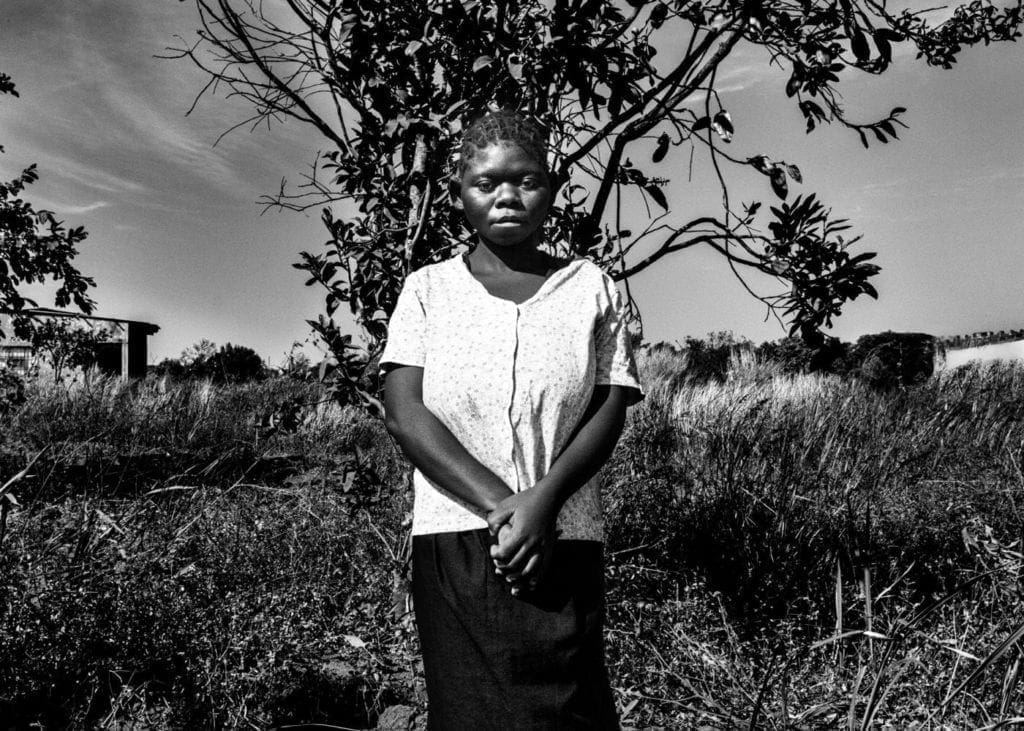The meeting point is the Total petrol station on the large roundabout between Avenue Lumumba and the Synagogue. And as in the best traditions of impossible places, this is also where they stop: cabs, buses, vans, wheelbarrows. Anything capable of transporting things, people, animals. And sometimes even all of them at once.
To this day, after so many places seen, I still wonder how it is possible that from South America to Asia via Africa, these places are all the same: thousands of small, colourful vehicles screeching with unintelligible voices take you, crammed with surgical precision, to every place in the city and province.
Each time, you wonder if the vehicle taken is the right one.
Lubumbashi (formerly Elisabethville, at the time of King Leopold) is the third largest city in Dem. Rep. of Congo and has just over 1.2 million inhabitants. In the first half of the 1900s, the Belgians began to exploit it for its rich copper mines, while now, in the 2000s, the Chinese are taking over.
It’s 7 a.m. and already hot. I have an appointment with Pier, who has volunteered to accompany me to Kalombo, a suburb of the city, to meet Madame Celine and the children to whom she gives shelter and education in her health centre.
There are many private healthcare facilities in Lubumbashi, although they differ greatly from our Western Healthcare imagery. They are mostly small buildings with white plaster and a cross on the walls. While for the interior one does what one can…

Madame Celine and Le Merveille health centre
Born from the idea and extraordinary enthusiasm of an exceptional woman – Madame Celine and her husband, Le Merveille Health Center has set itself the onerous task of caring for boys with genetic cognitive disorders or, much more frequently, boys with mental disabilities as a result of a late diagnosis of Drepanocytosis, a hereditary hemolytic disease but also a consequence of malaria treated poorly or too late.
Madame Celine, after the death of their young and only daughter suffering from Drepanocytosis due to a lack of medical information, adequate treatment and competent facilities, decided to open, with the help of her husband, a health centre on the edge of town the first diagnosis and primary treatment for this terrible disease. After an initial activity of pure diagnosis of Drepanocytosis, they decided to open a training and education centre for boys and girls with cognitive problems caused by the disease.
In 2012, the Centre de Santè Le Merveille was the only private, free-of-charge organisation in the Province of Katanga able to offer a viable alternative to children with cognitive problems to make their life in society sustainable and self-sufficient.
Le Merveille provides daytime education and training to some thirty children and young people of all ages who live alone, very often abandoned by their families when the first signs of illness appear. In an already complex and many times borderline social condition, the management and care of a mentally disabled person by relatives is simply an unsustainable act subject to natural selection.
Great days, too short
With Madame Celine at Le Merveille, I spent an extraordinary and all too short week participating in their activities and lessons, dialoguing with the boys in creative ways.
They are boys with disabilities that are sometimes severe, sometimes less so, and in the ways and times that their world allows, they have desires to express and projects to realize.
Some will succeed. Others will not.
Some strong, stubborn, unconscious.
Others are too weak, too shy, or too unlucky.
Or just because the world has not stopped fighting or making fun of them.

